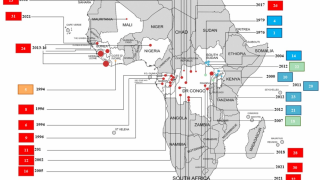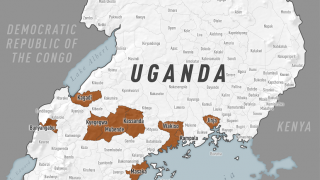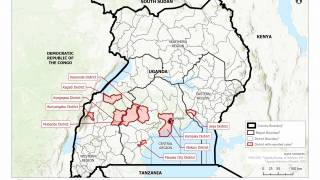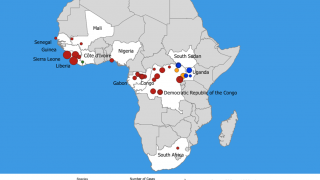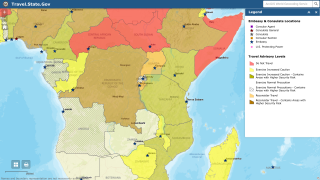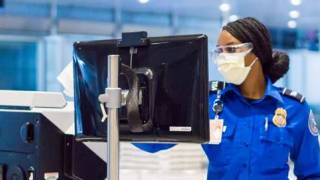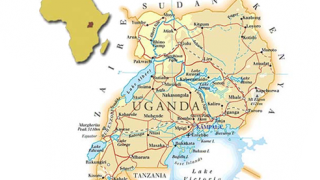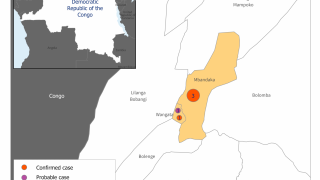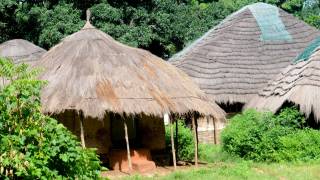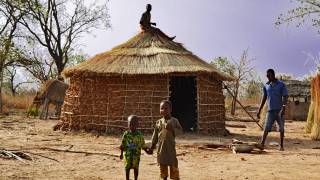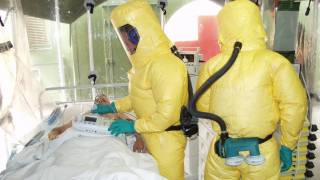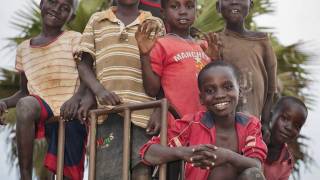Two Ebola Zaire Medications Offer Greater Chance of Survival

The first-ever multi-drug randomized control trial aimed at evaluating the safety and efficacy of Ebola Zaire therapeutic medications reported 2 experimental products will continue to be studied.
The Pamoja Tulinde Maisha study’s investigational agents were ZMapp, remdesivir, mAb114, and REGN-EB3.
An independent Data and Safety Monitoring Board (DSMB) reported the results of their review on August 9, 2019, recommending that the current study be stopped.
Additionally, this DSMD said ‘all future study participants should be randomized to receive either the REGN-EB3 or mAb114 medications.’
The principal investigators of the study, its statistician and its co-sponsors accepted this recommendation, and the ETC staff at the sites were promptly informed.
In addition to limiting future patient randomizations to REGN-EB3 and mAb114, patients who were randomized to ZMapp or remdesivir in the last 10 days now have the option, at the discretion of their treating physician, to receive either REGN-EB3 or mAb114.
The study in the Democratic Republic of the Congo (DRC) began on November 20, 2018, as part of the emergency response to an ongoing Ebola Zaire outbreak.
As of August 9, 2019, the trial had enrolled 681 patients and was overseen by staff from the Institut National de Recherche Biomédicale (INRB); the DRC Ministry of Health; and three medical humanitarian organizations: the Alliance for International Medical Action (ALIMA), the International Medical Corps (IMC), and Médecins Sans Frontières (MSF).
While the final analysis of the data can occur only after all the data are generated and collected (October 2019), the DSMB and the study leadership felt the preliminary analysis of the existing data was compelling enough to recommend and implement these changes in the trial immediately.
The complete results will be submitted for publication in the peer-reviewed medical literature as soon as possible.
The study is co-sponsored and funded by the INRB and the National Institute of Allergy and Infectious Diseases (NIAID) of the U.S. National Institutes of Health; carried out by an international research consortium coordinated by the World Health Organization (WHO); and supported by four pharmaceutical companies (MappBio, Gilead, Regeneron, and Ridgeback Biotherapeutics).
Our Trust Standards: Medical Advisory Committee



